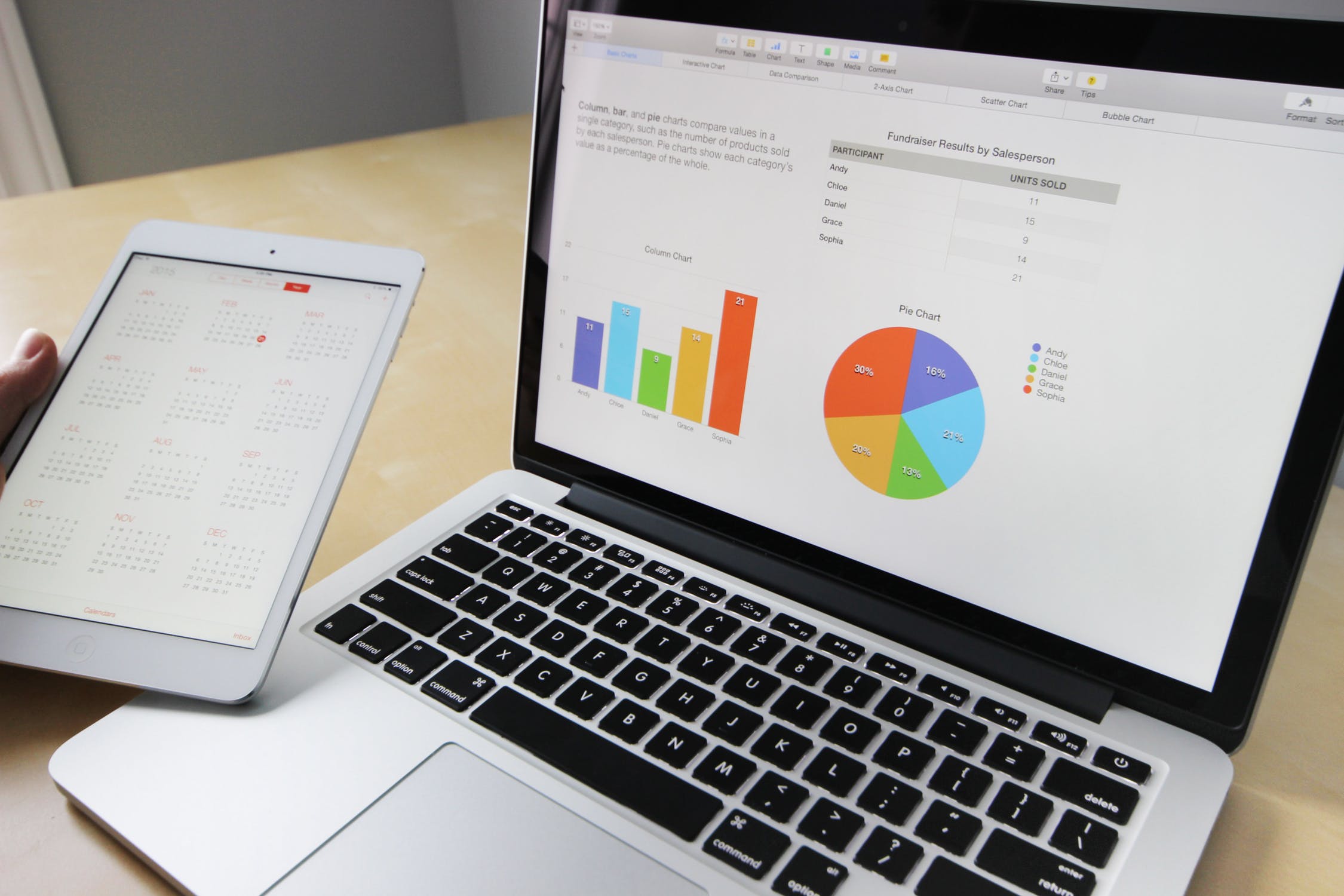The average house price in the UK increased by 2.6% over the year to April 2020, down from 3.5% in March, new data published by the Office for National Statistics (ONS) has revealed.
The latest UK House Price Index from the ONS showed that average house prices increased over the year by 2.5% in England to £251,000, by 5.0% in Wales to £169,000, by 1.6% in Scotland to £153,000, and by 3.8% in Northern Ireland to £141,000.
The data also revealed that London’s average house prices increased by 2.3% over the year to April.
This was the first publication of the UK House Price Index from the ONS since it was suspended in May, and includes data up to April 2020 only.
The ONS stated that the index is based on completed housing transactions and that since a house purchase can take six to eight weeks to reach completion, the price data feeding into April’s index reflect agreements occurred before the Government’s measures to reduce the spread of COVID-19 took hold.
CEO at online estate agent Strike, Sam Mitchell, commented: “The latest stats from the ONS confirm what we already knew as property transactions started to come to a halt over the lockdown period with house prices falling from March. But the good news is, today we have a very different picture in front of us.
“Now that restrictions have been lifted, property demand is booming and being released into a low-interest-rate environment, the Government’s stamp duty holiday has been like fuel thrown on the fire. Over the past few months, we’ve seen at least a 50% increase in demand from buyers now versus before lockdown and we are on average agreeing twice as many sales per week as we were pre-lockdown which is astonishing.”
AJ Bell personal finance analyst, Laura Suter, added: “Initial evidence shows the stamp duty holiday has caused a surge in property prices in the UK since being introduced in July, with the potential £15,000 saving pushing people to move house and offer more for the place they’re buying.
“However, there can be no doubt that the tax cut will create a bubble in property prices as people rush to move house and seal the deal before the stamp duty holiday comes to an end in March next year.
“This spike in demand will cause a rise in prices before transaction numbers fall off a cliff in April next year once the tax saving is whipped away. At the same time the UK will be facing a rise in unemployment and the repercussions of one of the worst recessions on record, which paints a fairly bleak picture for house prices in 2021.”
Latest News
-
Residential property transactions fall 24% month-on-month
-
Later life lending loans jump 5.1% in Q4 2025
-
Mortgage Awards 2026: Winners announced
-
FCA outlines proposals to close gaps in borrowers’ credit files
-
St. James’s Place closes 2025 with record FuM
-
Average LTV on UK mortgaged home drops to 59% – IMLA
Mortgage Advice Bureau and AI in the mortgage sector
Chief executive officer at Mortgage Advice Bureau, Peter Brodnicki, and founder and managing director at Heron Financial, Matt Coulson, joined content editor Dan McGrath to discuss how Mortgage Advice Bureau is using artificial intelligence to make advancements in the mortgage industry, the limitations of this technology and what 2026 will hold for the market
Perenna and the long-term fixed mortgage market

Content editor, Dan McGrath, spoke to head of product, proposition and distribution at Perenna, John Davison, to explore the long-term fixed mortgage market, the role that Perenna plays in this sector and the impact of the recent Autumn Budget
NEW BUILD IN FOCUS - NEW EPISODE OF THE MORTGAGE INSIDER PODCAST, OUT NOW

Figures from the National House-Building Council saw Q1 2025 register a 36% increase in new homes built across the UK compared with the same period last year, representing a striking development for the first-time buyer market. But with the higher cost of building, ongoing planning challenges and new and changing regulations, how sustainable is this growth? And what does it mean for brokers?
Does the North-South divide still exist in the UK housing market?

What do the most expensive parts of the country reveal about shifting demand? And why is the Manchester housing market now outperforming many southern counterparts?
In this episode of the Barclays Mortgage Insider Podcast, host Phil Spencer is joined by Lucian Cook, Head of Research at Savills, and Ross Jones, founder of Home Financial and Evolve Commercial Finance, to explore how regional trends are redefining the UK housing, mortgage and buy-to-let markets.
In this episode of the Barclays Mortgage Insider Podcast, host Phil Spencer is joined by Lucian Cook, Head of Research at Savills, and Ross Jones, founder of Home Financial and Evolve Commercial Finance, to explore how regional trends are redefining the UK housing, mortgage and buy-to-let markets.
© 2019 Perspective Publishing Privacy & Cookies











Recent Stories